Blackbaud, a South Carolina-based provider of administrative, donor management, and CRM software to education and nonprofit organizations, has been fined $3 million by the U.S. Securities and Exchange Commission "for making misleading disclosures about a 2020 ransomware attack that impacted more than 13,000 customers,” the federal agency said.
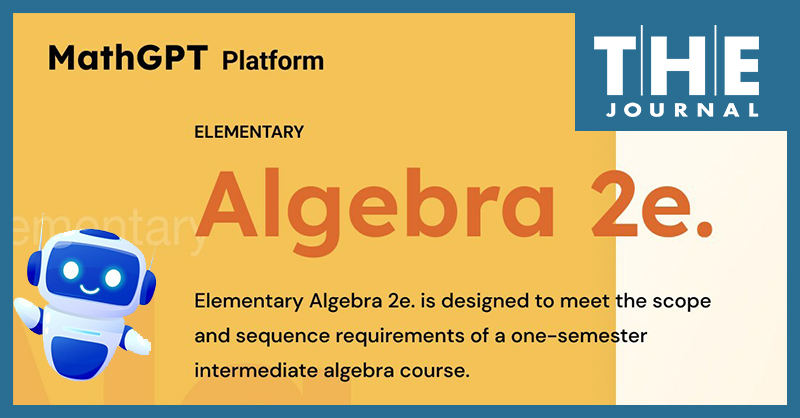
Expanded multi-modal MathGPT Platform possibilities mean any math content or curriculum can be turned into a personalized GPT-powered chatbot with interactive text, audio, and video learning, and GotIt can configure the MathGPT Platform to work with a wide variety of applications in math education, the company said.
A collaboration of ed tech providers led by nonprofit 1EdTech Consortium has resulted in an updated open standard for interoperability that allows K–12 school districts to automatically combine assessment results and grades from districts’ various platforms and tools, enabling teachers and administrators to see all their students’ results data in one place.
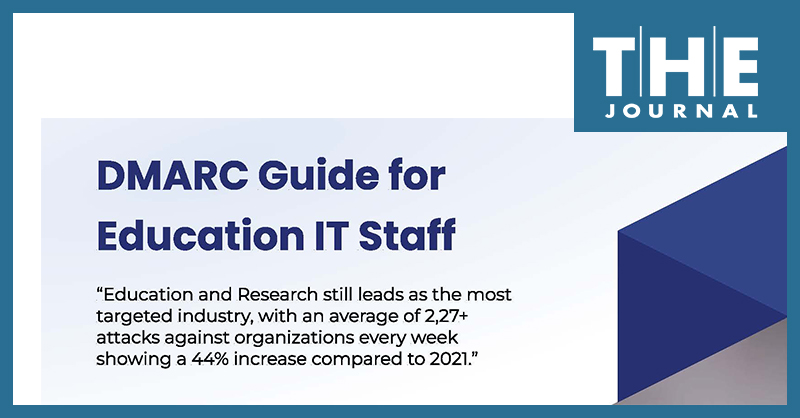
New research shows that an overwhelming majority of education institutions in the United States have incorrectly configured email security settings and as a result are more susceptible to phishing and spoofing threats.

Ed tech companies announcing new executive appointments in the first quarter of 2023 include Discovery Education, EDC, GoGuardian, Panorama Education, Kami, Tools for Schools' BookCreator, PowerSchool, 7 Mindsets, and FEV Tutor.
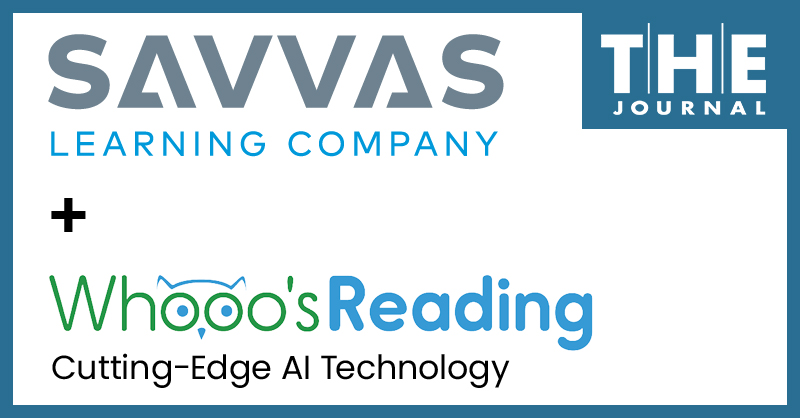
Savvas Learning Company has acquired Whooo’s Reading and its AI-driven technology that gives students adaptive feedback on their writing and reading skills and shows teachers where students may need extra support or personalized instruction.
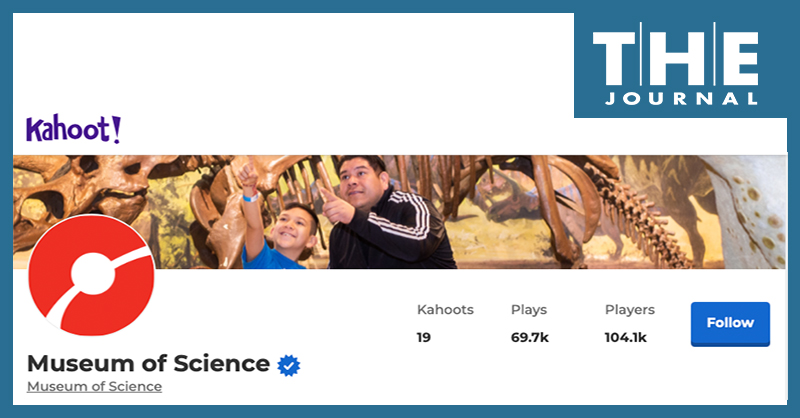
Museum of Science Boston's new STEM instructional content for grades 1–8 now available on Kahoot is the culmination of the museum’s "MOS at School" initiative, which brings together museum expertise, educators, and EiE, the museum's curriculum division.
Christopher Kerr, president of the Connecticut Computer Science Teachers Association and a computer and information science teacher, shares his practical tips for engaging students with the exciting world of computer science and supporting them to realize their full potential.

Ed tech providers announcing new executive roles include the CEO position at Newsela, president and COO at Instructure, five leadership positions at Discovery Education, and a new board of directors member at DreamBox Learning.
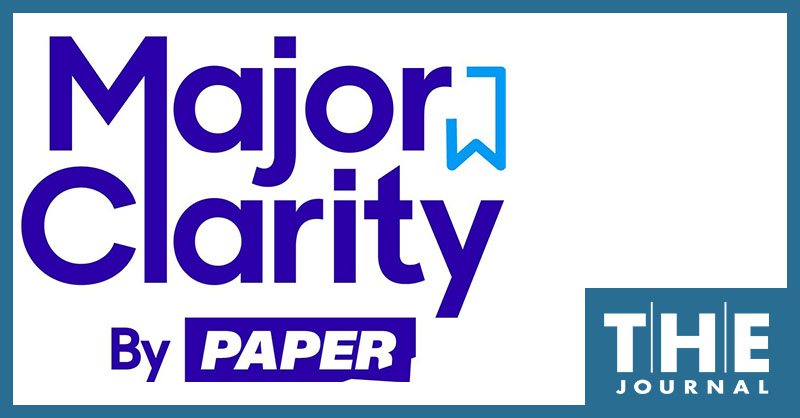
Digital tutoring provider Paper has acquired MajorClarity, a career and college readiness platform, and integrated its CCR functions into its expanded platform as part of its plan to transform Paper into a comprehensive “Educational Support System” solution for K–12 schools, Paper said.